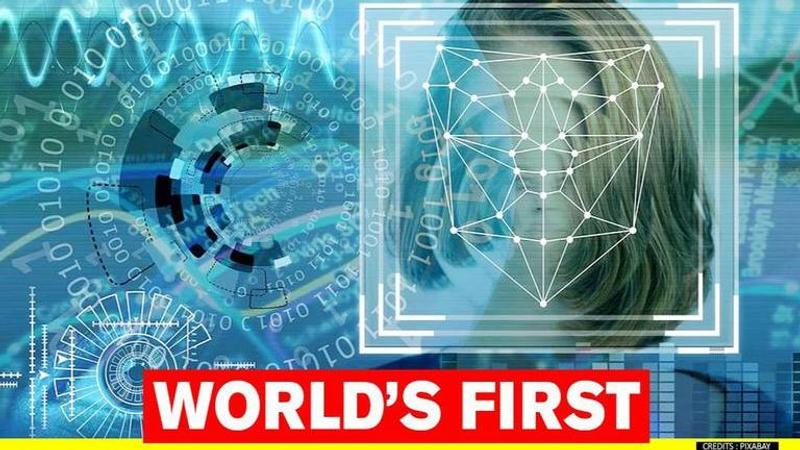Published 07:51 IST, September 27th 2020
Singapore to pioneer use of facial verification tech for national identification scheme
The technology will be integrated with Singapore’s digital identity scheme called SingPass which is responsible for providing government services to citizens.

Singapore is set to become the first country in the world to use facial verification in its national identity scheme. As per a BBC report, the Singapore government has said that the technology would be ‘fundamental’ to the nation’s digital economy and all the citizens will get secure access to private as well as government services through the biometric checks.
As per reports, the facial verification was piloted at a bank before the Singapore government decided to roll out it nationwide. Moreover, the high-tech system will not identify an individual but also verify if they are physically present. The technology is being provided by a UK based company called iProov.
The technology will be reportedly integrated with Singapore’s digital identity scheme called SingPass which is responsible for providing government services to the citizens. iProov founder and chief executive Andrew Bud told the BBC that it is the ‘first time’ that a cloud-based face verification is being used to secure identities of people who are already using a national digital identity scheme.
Recognition followed by verification
According to reports, the software is designed to perform both functions of first recognising the identity and then verifying it with the existing database. The main difference is that verification comes with the requirement of having the exclusive consent of the person.
Bud even talked about ‘all sorts of implications’ that facial recognition technology can have for the society including its ability to scan all faces at a train station and alerting the officials if a wanted criminal walks past the camera. However, the critics have opined that consent is a ‘low threshold’ when it comes to dealing with a person’s sensitive biometric data and imbalance of power.
Image: Representative/Unsplash
Updated 07:51 IST, September 27th 2020



